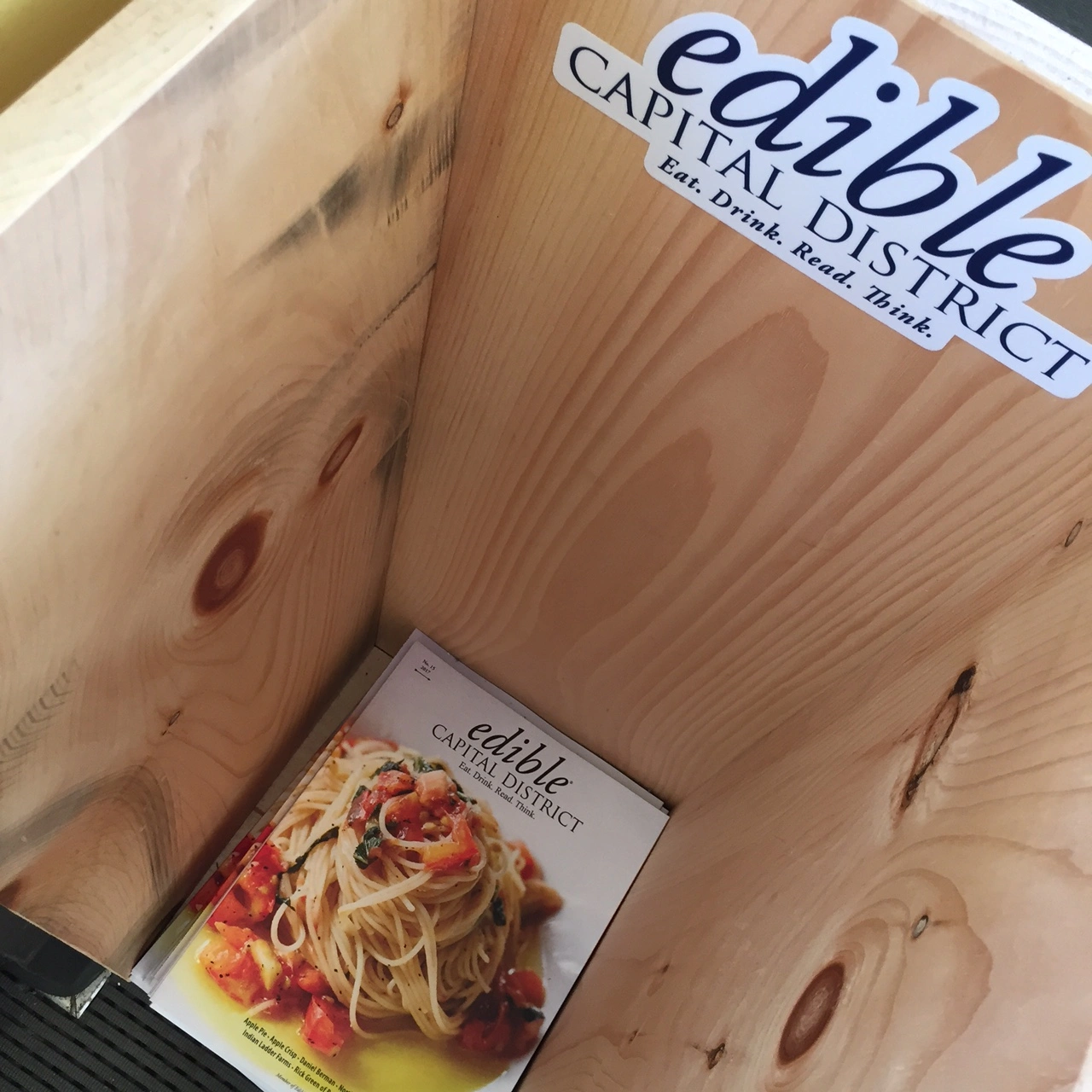Slaves to Shrimp
Was anything ever simple? Or were we just better at lying to ourselves once upon a time?
Today’s global society has some tremendous advantages. For example, local coffee roasters can buy direct from small quality growers around the world and help make sure that farmers get a fair price for their hard work. I love being able to get noodles from Korea, cans of sweetened mango pulp from India and value-priced grassfed beef from Australia.
Sure, I like eating locally. However, when it comes to local food I’m driven by flavor and craft, and not by the environmental impacts of shipping food around the world. Personally, I like to manage my carbon footprint in other ways.
The downside of a global industrial food system is that supply chains get fantastically long and complicated. And with so much food moving around, small cracks in the system can have big impacts. I still can’t wrap my mind around chickens being raised in the US, sent to China for processing, and then returned to America for retail sale.
I have two tales to tell that were circulating in the news. Maybe you’ve seen them and maybe you haven’t. The one thing they both share is that they are far from simple.
There’s some slavery in your shrimp.
Thank God for real journalists and the news organizations that still exist to fund this kind of reporting. I’m dead serious. If you haven’t read the story from The Guardian directly, please do so soon (and click on all their advertisers’ banners so they can do more work like this in the future).
More likely you’ve seen the much more inflammatory and easy to ignore American news story produced from the echo chamber, Shrimp sold at Walmart, Costco tied to slave labor.
Sure, it’s good to hold some of our largest retailers’ feet to the fire. After all, with their large buying power they may be the ones most likely to effect change. However, not only does that give consumers a pass, but it fails to communicate the fact that you may be eating slavery shrimp even if you aren’t buying them at those two retailers. Thai shrimp are everywhere. Even in nicer restaurants.
Here’s the deal.
Thailand produces a lot of shrimp. That’s an understatement. The plurality of shrimp consumed in the U.S. come from Thailand. To put that in context, the U.S. imported about 175,000 metric tons of shrimp in 2009. Metric tons. That translates into about 386 million pounds, or probably over ten billion individual shrimp. That’s more Thai shrimp than there are people on the planet.
They raise these shrimp in farms. Some are more sustainable than others. But the problem of slavery is actually one step removed from the farms.
The ten billion shrimp being raised on Thai farms and headed over to America have to eat something. What they eat is fishmeal. And it’s the Thai fishmeal industry where these human rights abuses have been able to go unchecked. A fair bit of that is because it’s invisible and so far down the supply chain that “Who are the people working on fishmeal boats” and “How are they treated” are simply questions that goes unasked.
Charoen Pokphand (CP) Foods, Thailand’s largest shrimp farmer, was named explicitly in the Guardian report. However, the company insists that this is a problem that affects every shrimp farm in Thailand.
If there is any good news to come from this, it’s that public awareness is already driving companies to work towards eradicating this problem. But as of now, I’m being extra vigilant about shrimp and asking where it comes from.
Just to add to the complications, Thai shrimp aren’t the only problematic ones. For other reasons you may want to steer clear of shrimp from Mexico, China, and Louisiana. All the not-so-simple details can be found here and here. Informed with this knowledge, you can get clean delicious shrimp from a trustworthy fishmonger.
But I wouldn’t hold my breath about what’s being served at most local restaurants. Make sure to ask your server about country of origin should you see an enticing shrimp dish on the menu. If they can’t tell you, chances are it came from Thailand.
Dammit. I really love shrimp too. This is terrible. And the troubling news doesn’t stop here either. Tomorrow, Beef on Boats.


Thank you. I will try to be more mindful of my shrimp consumption in the future. I didn’t realize how horrible these conditions were for those involved.
I developed an allergy to shrimp a few years ago, but my problem is that I LOVE shrimp. So, armed with Benadryl, I started experimenting. Turned out, I only have a reaction to Thai farmed shrimp. For years now, I’ve been avoiding Thai farmed shrimp – I always figured it was something they were being fed. But EVERY place seemed to only carry Thai shrimp (until Fin – and occasionally Chopper had Gulf shrimp)…Every restaurant I visit I find out where the shrimp is sourced and that Thai shrimp is everywhere. It’s tragic to read about the slavery involved, although not surprising. In fact, I thought this had been revealed a while ago. In any event, I’m probably just allergic to slavery. We all should be.
“Thank God for real journalists and the news organizations that still exist to fund this kind of reporting. I’m dead serious. If you haven’t read the story from The Guardian directly, please do so soon (and click on all their advertisers’ banners so they can do more work like this in the future).” — THANK YOU.
@WrigsMac that is really interesting. And I agree, we all SHOULD be allergic to slavery.
Thanks very much for writing about this.
Thanks for this informative, as well as eye-opening, piece. I hope you will be able to do this type of post more often (?). I appreciate this one as well as those you have done in the past.